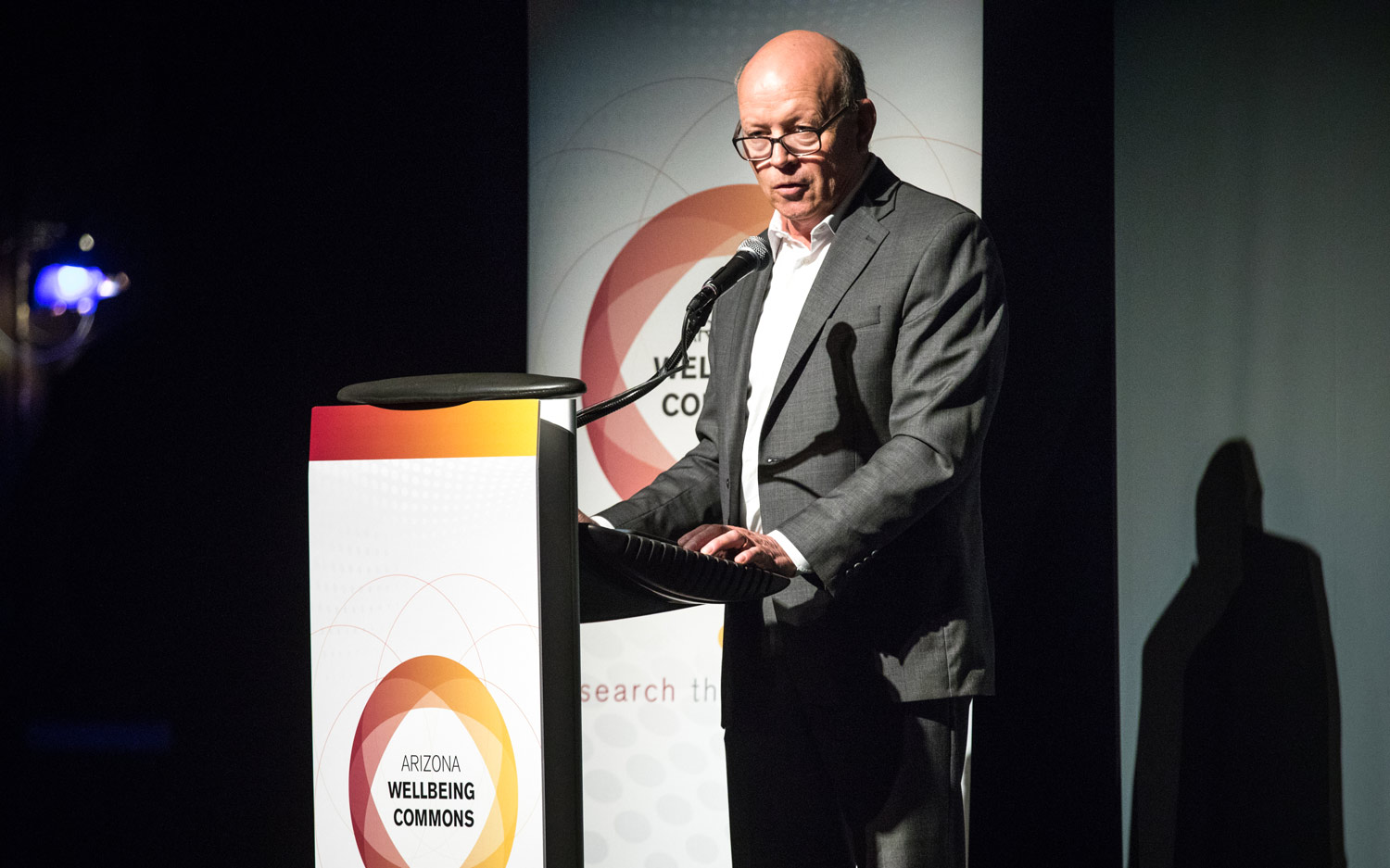Online Master of Science in Biomedical Diagnostics
Biomedical diagnostics captures the critical data that guides disease detection, treatment decisions and personalized health management. These insights drive clinical decisions, improving patient outcomes and advancing global health.
Coursework and specialized training explore the science and technology of diagnostics, as well as key topics such as health economics, policy and regulatory frameworks. You’ll gain the expertise to succeed in a rapidly evolving field and contribute to groundbreaking advancements in health care.
The knowledge and skills you’ll develop in this program
The fast-growing biomedical diagnostics field offers various career opportunities, requiring a broad scope of knowledge and skills. To equip you with a more holistic understanding of biomedical diagnostics, the curriculum spans five core areas, including:
- Application: Investigate case studies on bioethics, clinical utility, intellectual property and smart systems, as well as modality integration and systems analysis.
- Business: Navigate public and private health care finance and reimbursement, along with personalized health care and companion diagnostics.
- Policy: Examine the role of public policy in addressing public health needs through the advancement of diagnostics.
- Science: Focus on underlying bioinformatics and bio-statistical analysis, clinical trial design and regulatory systems, as well as the technology behind imaging pathology, molecular and immunological testing platforms.
- Technology: Explore instrument and assay development, biomedical engineering and diagnostic product development.
How this program compares to a master’s in biomedical sciences
A master’s in biomedical sciences offers a broad overview of the biomedical field without specializing in a particular area. In contrast, this master’s in biomedical diagnostics provides an in-depth understanding of the science, technology, business and application of diagnostics — focusing on the critical role diagnostics play in health care decision-making and innovation.
This program provides a deep understanding of how modern medicine uses diagnostics to detect disease, guide treatment and advance personal care. You’ll investigate the broader impact of diagnostics, from driving pharmaceutical and technology advancements to shaping health care policy and regulatory decisions worldwide.

Advance clinical decision-making by leading the innovations that improve health, both locally and across the globe. Arizona State University’s online Master of Science in biomedical diagnostics program empowers you to shape the future of health care by exploring the science, technology, business and policy of diagnostics. You'll graduate prepared to enhance the lives of individuals and communities through cutting-edge medical advancements.
This master’s in biomedical diagnostics covers key topics of health regulation, policy needs and innovations in diagnostic technologies. In addition to completing core and elective courses, you’ll be required to develop an applied project on a topic relevant to the field.
The College of Health Solutions faculty displays a high level of research expertise, focused on creating a better future for all. Our faculty are lifelong learners dedicated to improving health outcomes for the communities we serve. Some of their research focuses on:
- Discovering the impact of the environment and policy on food security and community health.
- Exploring mechanisms involved in the development of diabetes and cardiovascular disease.
- Harnessing big data to improve patient outcomes.
- Incorporating advanced technology to monitor and promote healthy lifestyles.
- Using state-of-the-art cognitive, behavioral and neuroscience techniques to study the components of human communication.
In the College of Health Solutions, students learn and prepare to become the health workforce of the future. Faculty and students also collaborate to research solutions to pressing global health challenges. Partnerships with the medical community offer students access to professional resources and networking opportunities with Mayo Clinic, Banner Health, HonorHealth, Dignity Health and more.
students
Barrett honors scholars
faculty members
in research expenditures
All applicants must meet the requirements of both the Graduate College and the College of Health Solutions to qualify for the Master of Science in biomedical diagnostics program.
Eligible candidates typically possess a bachelor’s or master’s degree from a regionally accredited college or university in one of the following or a related field:
- Biochemistry
- Biology
- Biomedical engineering
- Biomedical informatics
- Business
- Chemistry
- Computer science
- Engineering
- Health sciences
- Life sciences
- Medical studies
- Supply chain management
While the above degrees are preferred, students who have relevant education in a related field may also be considered for the master’s degree in biomedical diagnostics program.
Applicants must have earned a minimum cumulative GPA of 3.00 in the last 60 hours of their first bachelor’s degree program or in their applicable master's degree education.
All applicants must submit:
- Graduate admission application and application fee
- Official transcripts
- Statement of purpose
- Up-to-date curriculum vitae or resume
- Two letters of recommendation
- In your statement of purpose, please describe your interest in the program, what you expect to learn, your professional goals and a short description of your background in the sciences.
- An applicant whose native language is not English (regardless of current residency) must provide proof of English proficiency.
No, Arizona State University’s diplomas don’t specify whether you earn your degree online or in person. All diplomas and transcripts simply say “Arizona State University.”









